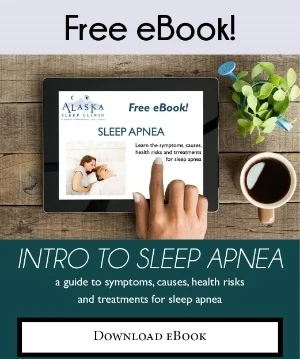
Yes, water is the best drink for the body; however, right before bedtime stimulates your kidneys keeping you awake. But there are other options to drink 90 minutes before bedtime.
Whichever drink you try, remember there are also drinks to avoid at bedtime besides water like caffeine in soft drinks and alcohol. Both can cause low quality sleep or insomnia.
Many people realize that their level of hydration can affect the way they feel and function throughout the day. A lack of fluids can make you sluggish, irritable, and off your game. But hydration also plays a critical role in how well (or not) you sleep at night. Understanding the impact of your daily fluid intake on your nighttime slumber will go a long way to improving the quality of your sleep.
Dehydration’s Negative Effects
Going to bed even mildly dehydrated can disrupt your sleep. Surprised? Dehydration causes your mouth and nasal passages to become dry, setting you up for sleep-disruptive snoring and a parched throat and hoarseness in the morning.
A lack of pre-bed fluids can also lead to nocturnal leg cramps that may keep you awake. In addition to the frustration of fragmented sleep, being dehydrated during night can compromise your alertness, energy, and cognitive performance the following day.
Sleep-Related Fluid Loss
Even if you start the night reasonably well-hydrated, you’ll lose some body fluids simply by breathing while you sleep. This is especially true if you breathe through your mouth, snore or have sleep apnea. (If you breathe through your nose while you slumber, you won’t lose nearly as much water from your body.) An overly dry or warm bedroom can also lead to extra fluid loss during the night, as can a late-day intense exercise session without sufficient rehydration. Drinking excessive alcohol can exacerbate these fluid-compromising scenarios, which in turn can cause you to feel tired or lethargic the next day.
How to Hydrate Right
Good hydration requires more than guzzling a bottle of water before bed. Focus on drinking plenty of non-caffeinated fluids regularly throughout the day. Women need approximately 91 ounces daily from beverages and foods, while men should aim for about 125 ounces. Waiting until bedtime to do your drinking sets you up for multiple nighttime bathroom trips (if this happens frequently to you, it may be a condition called nocturia) making it difficult to achieve quality sleep and making it tougher to wake up in the morning. Practice spreading your fluid intake throughout your day to maximize the odds of sleeping soundly at night.
.png?width=800&name=drinking%20to%20a%20good%20night%20sleep%20(1).png)
If you are suffering from any sleep disorder, including insomnia, call our board-certified sleep specialists today at Alaska Sleep Clinic.









